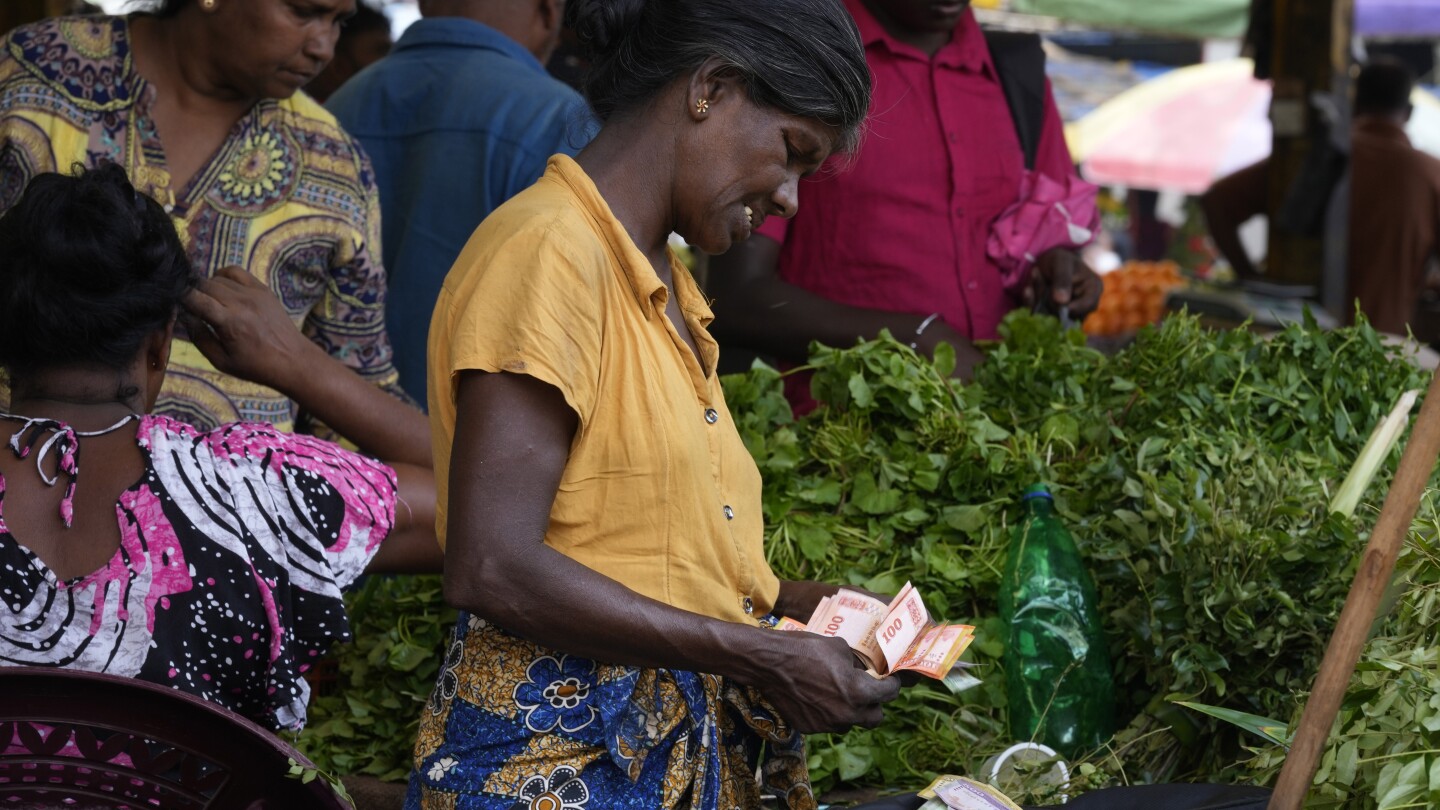COLOMBO, Sri Lanka (AP) — Sri Lanka says it has reached an agreement with the Exim Bank of China on key terms and principles for restructuring its debt, a key step toward unlocking a second instalment of a $2.9 billion package from International Monetary Fund aimed at rescuing the island nation from a dire economic crisis.
The finance ministry said in a statement issued Wednesday that the agreement covers $4.2 billion in outstanding debt and is an important step toward Sri Lanka’s economic recovery.
The statement said the deal provides the necessary fiscal space for Sri Lanka to implement its economic reform agenda.
“The Sri Lankan authorities hope that this landmark achievement will provide an anchor to their ongoing engagement with the official creditor committee and commercial creditors, including the bondholders,” it said.
Authorities hope this will anchor their debt restructuring program and facilitate approval of the next tranche of IMF financing of about US$334 million.
An IMF team reviewing Sri Lanka’s reform program delayed releasing a second tranche of IMF financing last month, saying it lacked oversight on whether adequate progress was being made on debt restructuring.
The economy is recovering but its foreign reserves have not been restored quickly enough due to lower-than-projected gains in tax collections, the review found. IMF officials said the government needs to improve its tax administration, eliminate exemptions and crack down on tax evasion.
Sri Lanka declared bankruptcy in April 2022 with more than $83 billion in debt — more than half of it to foreign creditors. Its economy was plunged into crisis, with severe shortages of food, fuel and other necessities. Strident public protests led to the ouster of then-President Gotabaya Rajapaksa.
Borrowing for China-funded infrastructure projects like highways, an airport and seaport that did not attract expected business opportunities have added to the country’s financial woes.
The IMF agreed in March of this year to a $2.9 billion bailout package after receiving assurances from China that cleared a last hurdle in sealing an agreement. It released an initial $330 million in funding for Sri Lanka shortly afterward.
The government is negotiating with creditors to restructure its tens of billions of dollars in debt, aiming to reduce it by $17 billion.
Over the past year, Sri Lanka’s severe shortages of essentials like food, fuel and medicine have largely abated, and authorities have restored power supplies.
But public dissatisfaction has grown over the government’s efforts to increase revenues by raising electricity bills and imposing heavy new income taxes on professionals and businesses.

